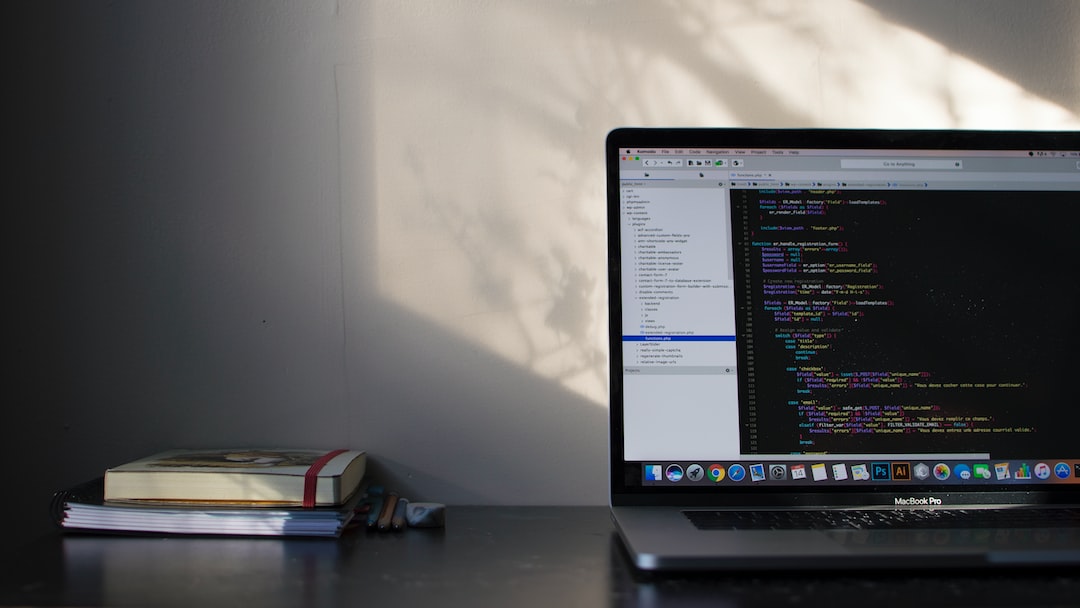The legal process of getting a divorce can be emotionally and financially draining, not to mention the potential implications it may have on both parties involved. Divorce is never an easy decision to make, but when couples are unable to resolve their differences, it becomes necessary to seek legal assistance to dissolve the marriage.
The first step in the legal process of getting a divorce is to consult with an attorney specializing in family law. This initial consultation is crucial as it allows you to understand your rights and responsibilities during the divorce proceedings. The attorney will explain the divorce process, including the potential implications it may have on issues such as child custody, asset division, and spousal support.
After the consultation, the next step is to file for divorce. This involves preparing and submitting the necessary paperwork to the court. The specific requirements for filing vary based on jurisdiction, but generally, the petitioner files a petition for divorce, which outlines the grounds for divorce and the desired outcome regarding child custody, spousal support, and property division.
Once the divorce petition is filed, the other spouse, known as the respondent, must be served with the divorce papers. In some cases, the respondent may contest the divorce, leading to a more complicated and lengthy legal battle. However, if both parties can agree on the terms of the divorce, they may choose to proceed with an uncontested divorce, which is typically less time-consuming and costly.
During the divorce process, both parties will have the opportunity to present evidence, such as financial records and witness testimonies, to support their claims. This evidence will be crucial in determining issues such as child custody, spousal support, and the division of assets and debts. It is important for individuals going through a divorce to gather all relevant information and documents to support their case.
Once all issues are resolved, either through negotiation, mediation, or court proceedings, the court will issue a decree of divorce, legally terminating the marriage. However, it’s important to note that the legal process of divorce is just the beginning. The potential implications of divorce can be far-reaching and have lasting effects on both parties involved.
Divorce often leads to significant changes in lifestyle, financial stability, and relationships. Issues related to child custody and visitation can create emotional stress for both parents and children. Asset division may lead to a significant loss for one party, while spousal support can have a lasting financial impact. Moreover, divorce can also affect the emotional well-being and mental health of individuals involved.
In conclusion, the legal process of getting a divorce is complex and can have profound implications on the lives of those involved. It is essential to seek professional legal guidance and support throughout the process to ensure that your rights are protected. Additionally, taking care of your emotional well-being and seeking therapy or counseling can help you navigate the challenging path to healing and rebuilding your life post-divorce.

